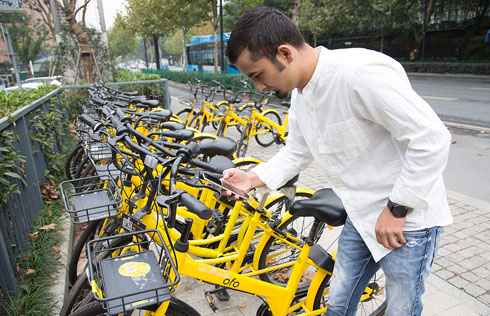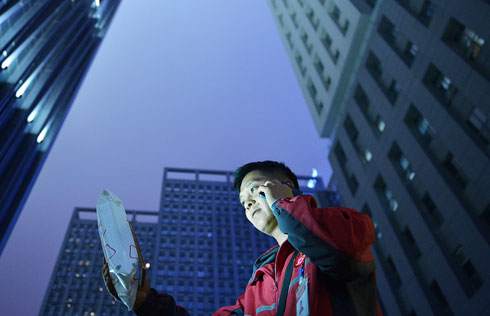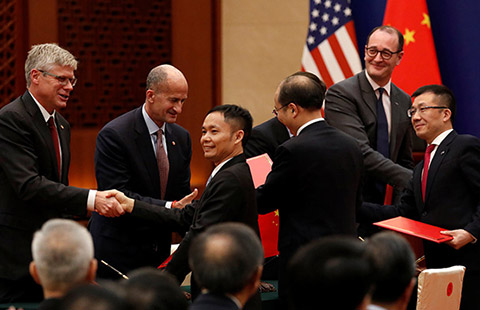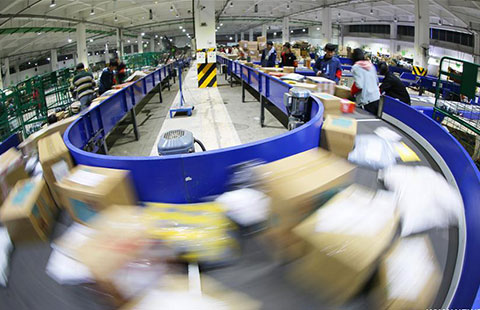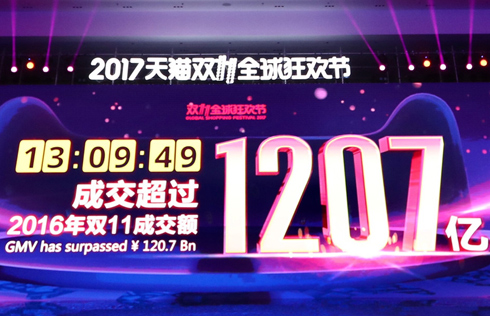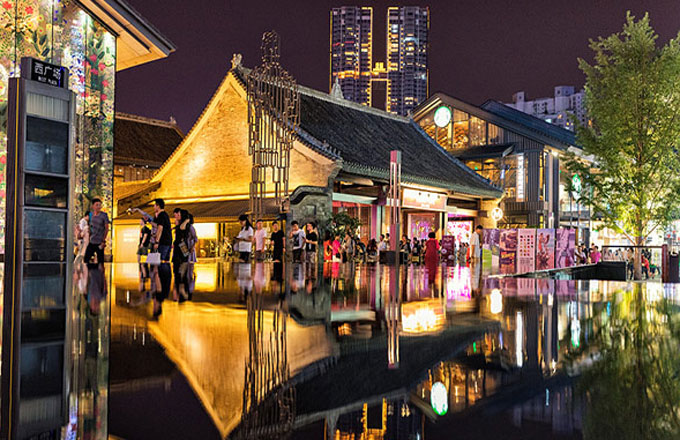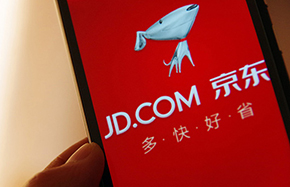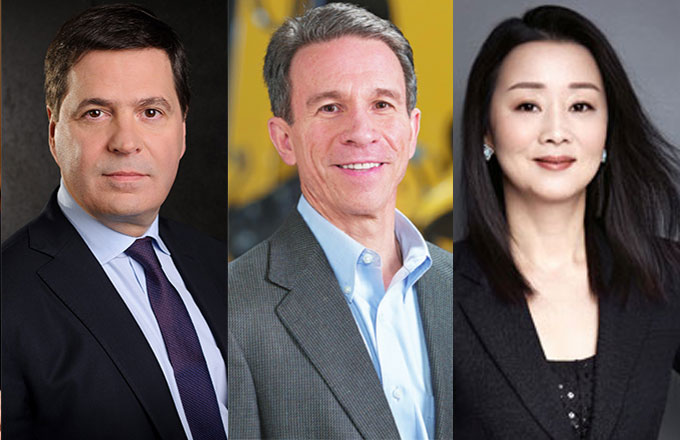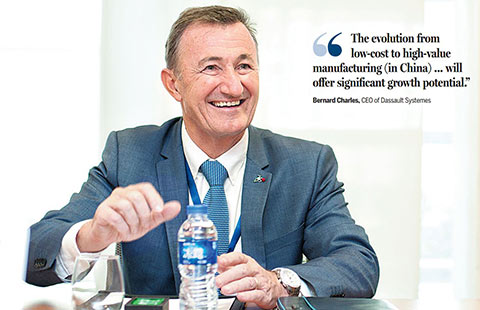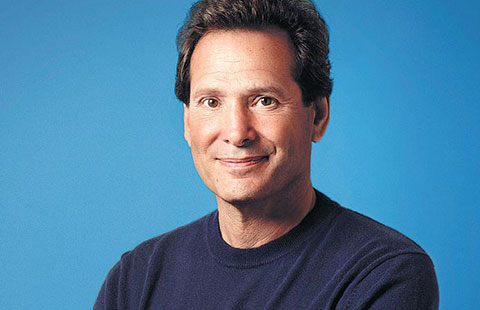Wealthy individuals 'see education as asset'
With such a rapid increase in wealth under way, demand for luxury is well outpacing supply. Wealthy Chinese are showing their appetite and spending patterns in luxury markets.
Chinese HNWIs are expressing a growing appreciation for authentic luxury products, in which they look for quality and understatement over the importance of a logo, the report found.
"A big collection of Chateau Lafite might have been posh several years ago. But nowadays Chinese rich people are more interested in exploring new chateaux for wines that are not available in the auction houses," said Sun Yan, chief representative of Julius Baer in Shanghai.
"Compared with HNWIs in Europe or the United States where many inherit great fortunes, Chinese people have relatively 'new' money. And they are more open to new brands, to show their personality and taste," she added.
"Carrying a bag from a well-known luxury brand is no longer the fashion trend in Europe as people prefer to buy high-quality products with more design elements at reasonable prices," said Liu Ruojin, a returned overseas businessman from Wenzhou, Zhejiang province.
Liu is the chairman of Miss Coquine Holding, a France-based brand selling high-quality clothes, shoes and accessories.
Liu added that more successful businessmen tend to purchase certain limited items from niche brands to show off their unique tastes instead of wearing branded and expensive clothes and shoes with huge logos, which are available everywhere.
The emerging new rich in China are buying the world with their enormous appetite and money, but the report shows pressure for maintaining a luxury lifestyle is becoming stronger.
Based on a study of 11 cities in Asia, the Julius Baer said Shanghai is "expensive all-around".
A Botox treatment from a top doctor in Shanghai can cost more than $1,300, one-third more than in the next highest cost location, Hong Kong. Finely tailored men's suits, wine and cigars are also noticeably above the regional average, as are hotel wedding banquets and rooms.
These figures are partly driven by luxury consumption taxes ranging from 20 to 30 percent, but they also underscore China's pre-eminent position in wealth creation in Asia, the report said.
- Highly educated female pilots to join military
- Changes open door for international education cooperation
- China's middle class keeps luxury brands on their toes
- New luxury high-rise for Frisco
- Luxury China 2013 kicks off in Beijing
- China's luxury consumption shift to quality
- Life of luxury
- China may start taxing more luxury goods




